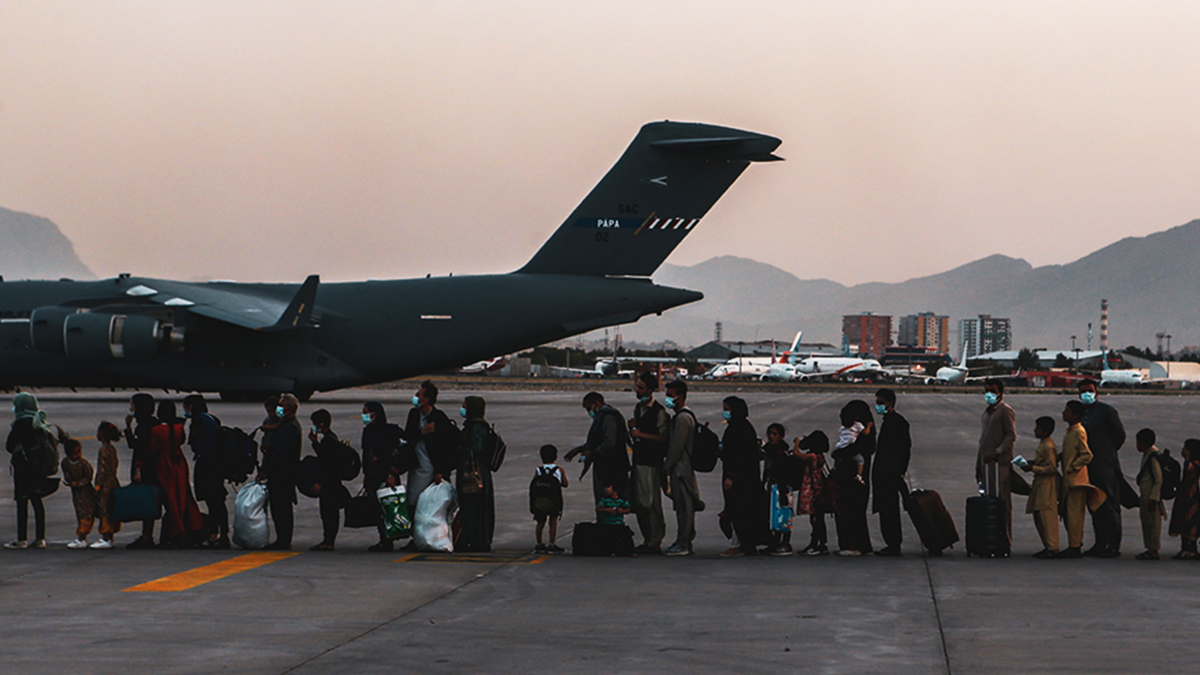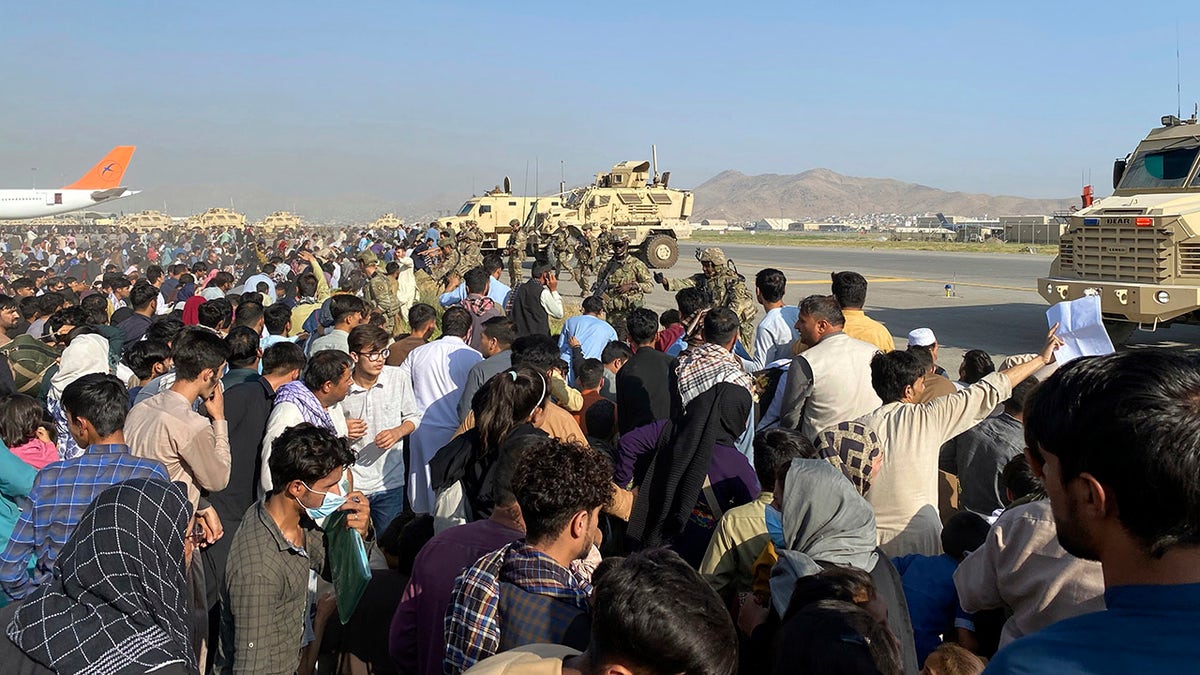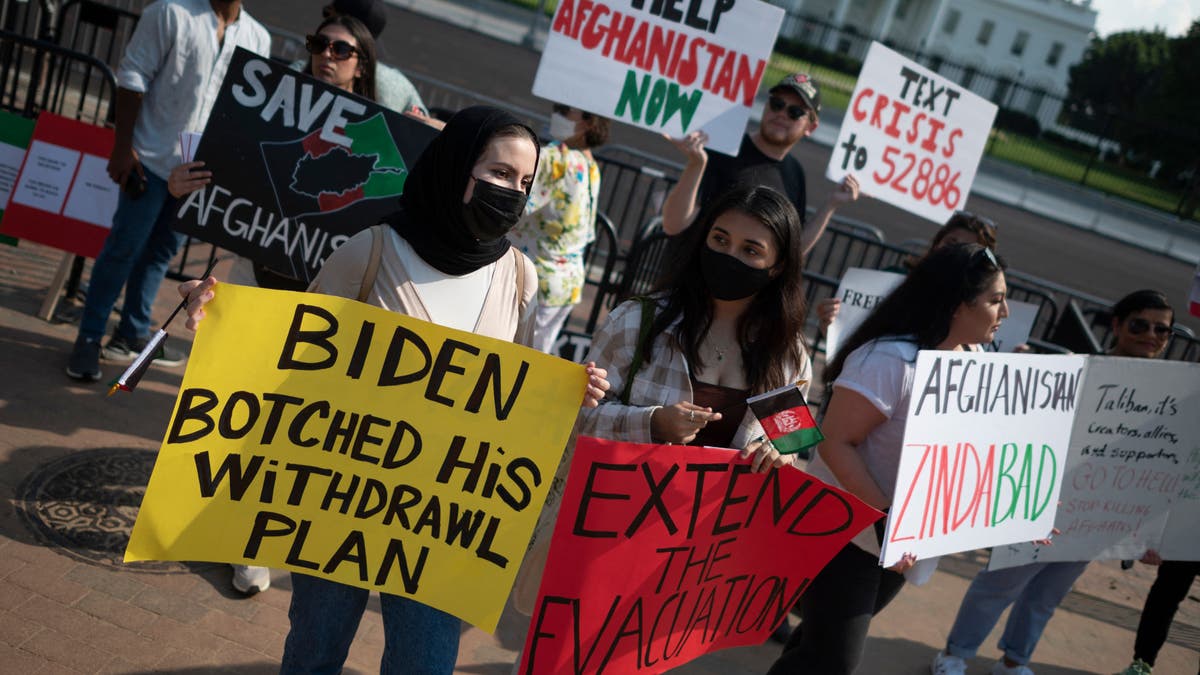Experts weigh in on the long-term ramifications of the US withdrawal from Afghanistan
Current and former government officials and lawmakers discuss the economic and security challenges facing the United States following the withdrawal of troops a year ago.
This article is part of a Fox News Digital series examining the consequences of the U.S. military withdrawal from Afghanistan one year ago this week.
A year after the U.S. withdrew all troops from Afghanistan, paving the way for a Taliban takeover, current and former government officials and national security experts weighed in on the long-term economic and national security implications for the United States.
Without a presence on the ground, it is difficult to "capture the intelligence you need" for counterterrorism, warned former Secretary of Defense Mark Esper.
Michelle Flournoy, who served as under secretary of defense for policy under President Obama, also warned that monitoring terrorism in Afghanistan would be more difficult without a military presence.
"It's not impossible. We do it in other parts of the world, but we need to at least keep our eye on that challenge," she said.

Evacuees wait to board a Boeing C-17 Globemaster III during an evacuation at Hamid Karzai International Airport, Kabul, Afghanistan, Aug. 23. (U.S. Marine Corps photo by Sgt. Isaiah Campbell)
Sen. Joni Ernst, R-Iowa, focused on the ramifications for the Afghan people, as well as the lost economic opportunity as a result of withdrawing troops.
"And right now we see it with widespread hunger, with millions of Afghans that are starving at a point of starvation. We see the abuse of women and of girls and how they are further restricting their rights and abilities in Afghanistan," Ernst said.
LIFE UNDER TALIBAN RULE ONE YEAR LATER: WOMEN AND GIRLS STRUGGLE UNDER OPPRESSIVE POLICIES

U.S soldiers stand guard along a perimeter at the international airport in Kabul, Afghanistan, Monday, Aug. 16, 2021. (AP Photo/Shekib Rahmani)
Ernst also noted that the U.S. withdrawal has paved the way for China to engage economically in the region, particularly when it came to natural resources.
"We know that there is an approximate $1.3 trillion bed of resources and minerals, rare earth minerals that exist in Afghanistan," she said. "And we left and no longer have a presence there. Who does? The Chinese. They have over 60 contracts now to do mining operations to further their national security interests, while now the United States will fall behind in that area."
POMPEO: BIDEN'S AFGHANISTAN WITHDRAWAL REMAINS CATASTROPHE OF AMERICAN WEAKNESS A YEAR LATER

Protestors hold a demonstration challenging the evacuation process from Kabul Airport and the United States commitment in Afghanistan, in front of the White House in Washington, DC on August 28, 2021. (Photo by ANDREW CABALLERO-REYNOLDS/AFP via Getty Images)
Joseph Nye, former assistant secretary of defense for international security affairs, said the withdrawal was a "black eye" for the United States, but that it is not "a big strategic change" for the United States.
Esper added that a "silver lining" of the U.S. no longer having a military presence in Afghanistan is the ability to focus on other threats around the world.
"We now can focus on the bigger challenges, the bigger threats that are out there. And that begins with China, Russia, and in that region, Iran," he said.
CLICK HERE TO GET THE FOX NEWS APP
Biden’s decision to withdraw troops completely from Afghanistan faced widespread backlash after the Taliban retook the country just days later, and 13 service members were killed in a subsequent attack at Kabul Airport.









































